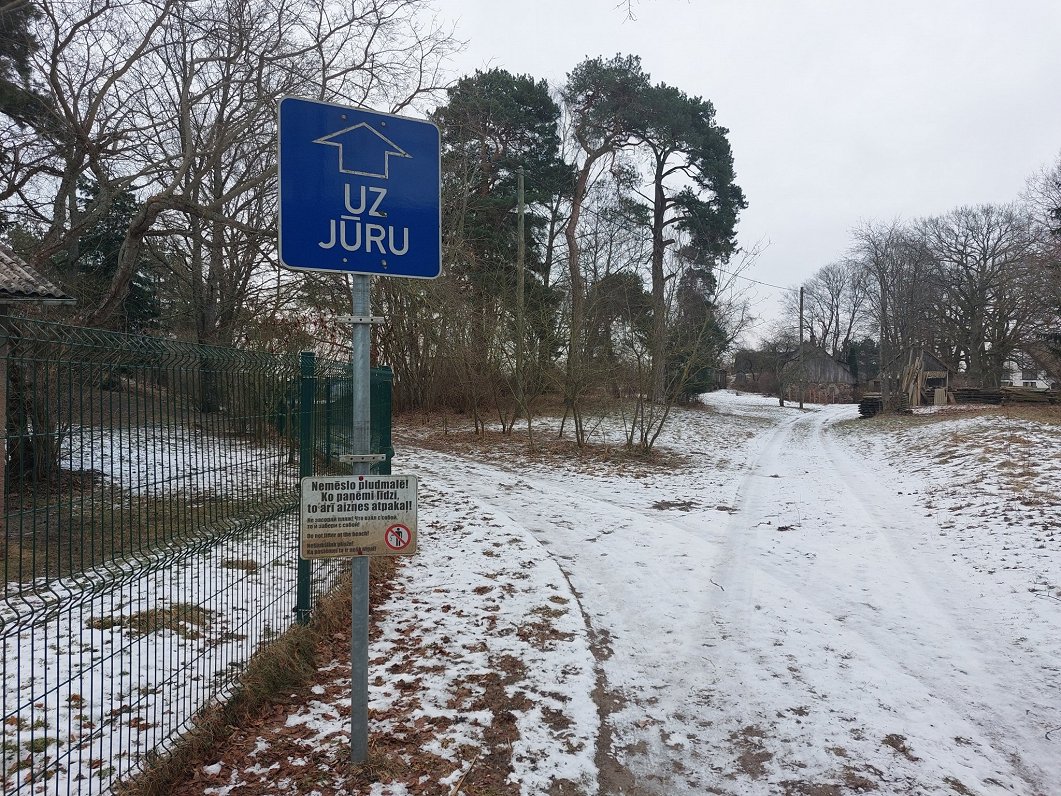During the Covid pandemic, when the public got more interested in different walking routes, including beaches, the issue of accessibility of the sea has been raised. Currently, the Protection Zone Law states that, in populated areas, pedestrian walkways leading to the sea must be within every kilometer. But this month, the government approved amendments to the regulation, stipulating that municipalities will need to increase the number of paths in order to ensure modern public access sites to the sea.
Sandra Bērzina, the advisor in environment matters of the Latvian Association of Local Governments, estimated that many coastal municipalities will have to develop additional pedestrian paths, particularly in areas like the municipalities near Rīga and in the Limbaži municipality. The process will be facilitated by the provisions already amended last year on losses resulting from access to the coastal zone.
“If [access] was previously established only on the basis of an agreement with the owner, it is currently stipulated that the municipality should adopt it by its decision, namely the spatial planning and binding rules. There will clearly be disagreements, there will be complex issues and also places where this approach to the sea cannot be ensured. But it will be easier for the local government to deal with this in the new plans, because it is necessary to align public interest against the interests of private individuals. And the municipality, of course, also has a duty to maintain this path,” said Bērziņa.
The head of the Environment Advisory Board Juris Jātnieks agreed that the availability of the sea needs to be improved. At the same time, he calls on municipalities not to exaggerate any additional infrastructure facilities when designing pedestrian walkways.
“We very much hope that the easing arrangements will not pave the way for exaggerated infrastructure-building activities like toilets, parking lots, and stalls. It's not always necessary in nature. It should be assessed with logic and sense where this information is really needed,” Jātnieks said.
Amendments to the Law have yet to be seen by the Saeima in the spring.





























